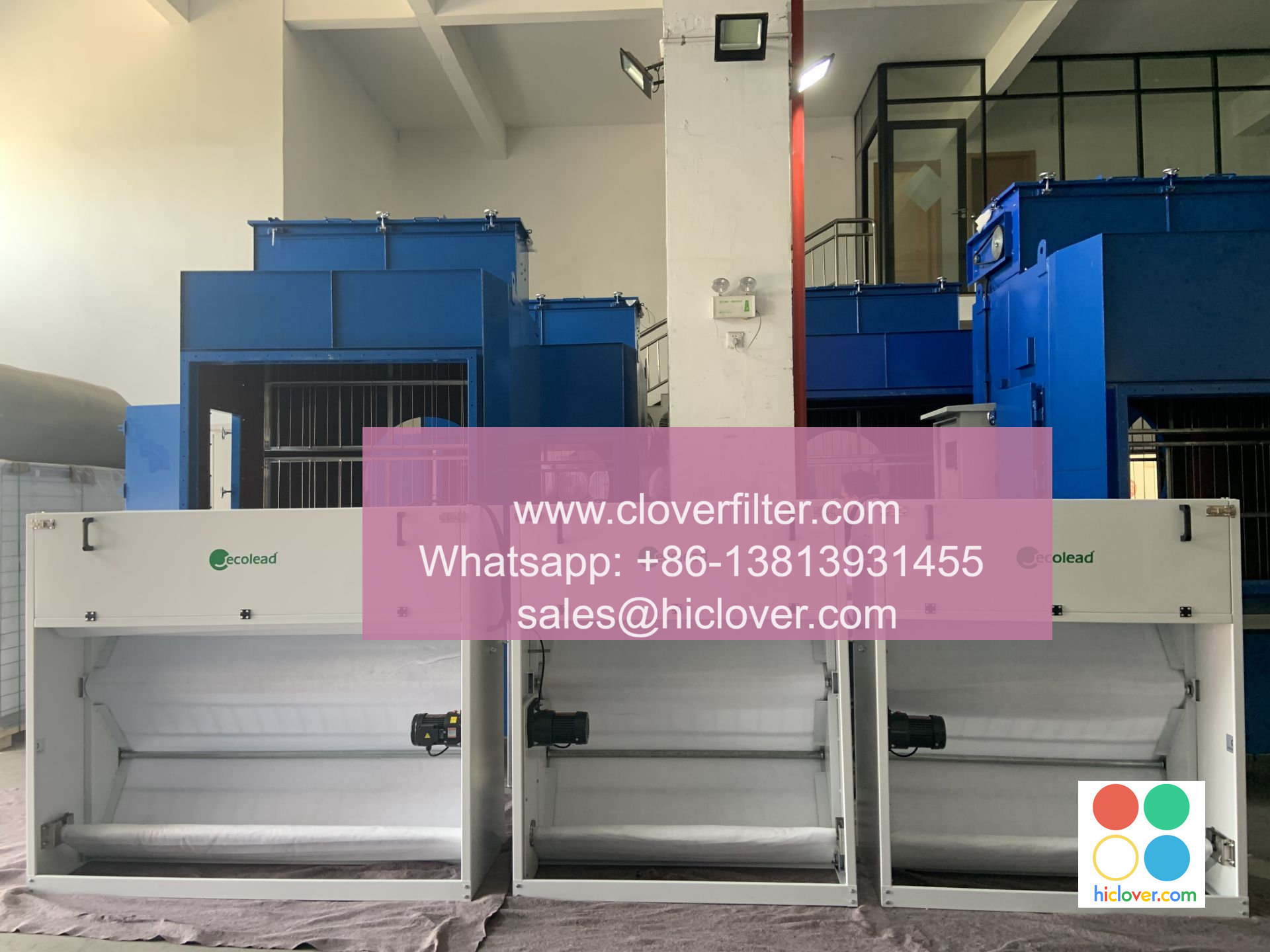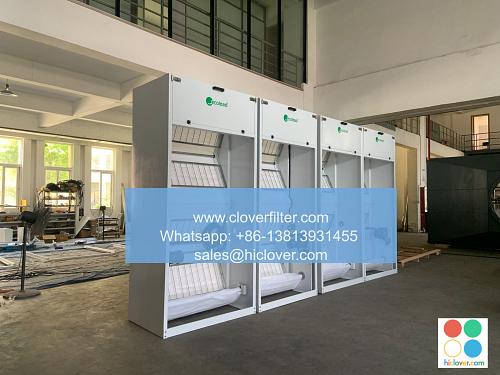Optimizing Air Filtration on Newfoundland Offshore Oil Platforms with Automatic Roll Air Filters

The offshore oil platforms located off the coast of Newfoundland are exposed to harsh marine environments, with high levels of salt, humidity, and airborne pollutants. These conditions can lead to premature degradation of equipment, corrosion, and maintenance issues, ultimately affecting the overall efficiency and productivity of the platform. One crucial aspect of maintaining a reliable and efficient operation is optimizing air filtration systems. In this article, we will explore how automatic roll air filters can improve air quality and reduce maintenance costs on Newfoundland offshore oil platforms.
Air filtration is essential in offshore oil platforms as it helps to remove airborne contaminants, such as salt, dust, and moisture, which can damage equipment and compromise the integrity of the platform. Traditional air filters, however, can become clogged quickly, leading to reduced airflow, increased pressure drop, and decreased system performance. Automatic roll air filters offer a reliable and efficient solution to these challenges. These filters use a continuous roll of filter media that advances automatically, replacing the dirty filter section with a clean one, thus maintaining optimal airflow and filtration efficiency.
The benefits of using automatic roll air filters on Newfoundland offshore oil platforms are numerous. Firstly, they provide superior air quality, removing up to 99.97% of airborne particles, including salt, dust, and other contaminants. This not only helps to protect equipment from corrosion and damage but also improves the health and safety of personnel working on the platform. Secondly, automatic roll air filters reduce maintenance costs and downtime. By minimizing the need for filter replacements and cleaning, platforms can minimize the risk of equipment failure and reduce the number of maintenance personnel required. Finally, these filters are designed to operate in harsh environments, with features such as corrosion-resistant materials and high-temperature stability, making them ideal for offshore oil platforms.
In addition to the technical benefits, automatic roll air filters can also help offshore oil platforms meet regulatory requirements and industry standards. The offshore oil and gas industry is subject to strict regulations and guidelines, including those related to air quality and emissions. By using automatic roll air filters, platforms can ensure compliance with these regulations, reducing the risk of fines and reputational damage. Moreover, these filters can help platforms achieve industry certifications, such as ISO 14001, which recognizes organizations that have implemented effective environmental management systems.
Implementing automatic roll air filters on Newfoundland offshore oil platforms requires careful planning and consideration. Platforms must assess their specific air filtration needs, taking into account factors such as airflow rates, contaminant types, and equipment requirements. They must also select a filter system that is compatible with their existing infrastructure and can operate effectively in the harsh marine environment. Additionally, platforms should consider the total cost of ownership, including the cost of the filter system, maintenance, and replacement parts, to ensure that the solution is cost-effective and provides a strong return on investment.
In conclusion, optimizing air filtration on Newfoundland offshore oil platforms is crucial for maintaining efficient and reliable operations. Automatic roll air filters offer a superior solution to traditional air filters, providing improved air quality, reduced maintenance costs, and increased compliance with regulatory requirements. By implementing these filters, platforms can protect equipment, improve personnel health and safety, and reduce downtime, ultimately leading to increased productivity and profitability.
Frequently Asked Questions (FAQs)
Q: What are the main benefits of using automatic roll air filters on offshore oil platforms?
A: The main benefits include improved air quality, reduced maintenance costs, and increased compliance with regulatory requirements.
Q: How do automatic roll air filters work?
A: Automatic roll air filters use a continuous roll of filter media that advances automatically, replacing the dirty filter section with a clean one, thus maintaining optimal airflow and filtration efficiency.
Q: What types of contaminants can automatic roll air filters remove?
A: Automatic roll air filters can remove up to 99.97% of airborne particles, including salt, dust, and other contaminants.
Q: Are automatic roll air filters suitable for harsh marine environments?
A: Yes, automatic roll air filters are designed to operate in harsh environments, with features such as corrosion-resistant materials and high-temperature stability, making them ideal for offshore oil platforms.
Q: How can offshore oil platforms implement automatic roll air filters?
A: Platforms must assess their specific air filtration needs, select a compatible filter system, and consider the total cost of ownership to ensure a cost-effective solution.

